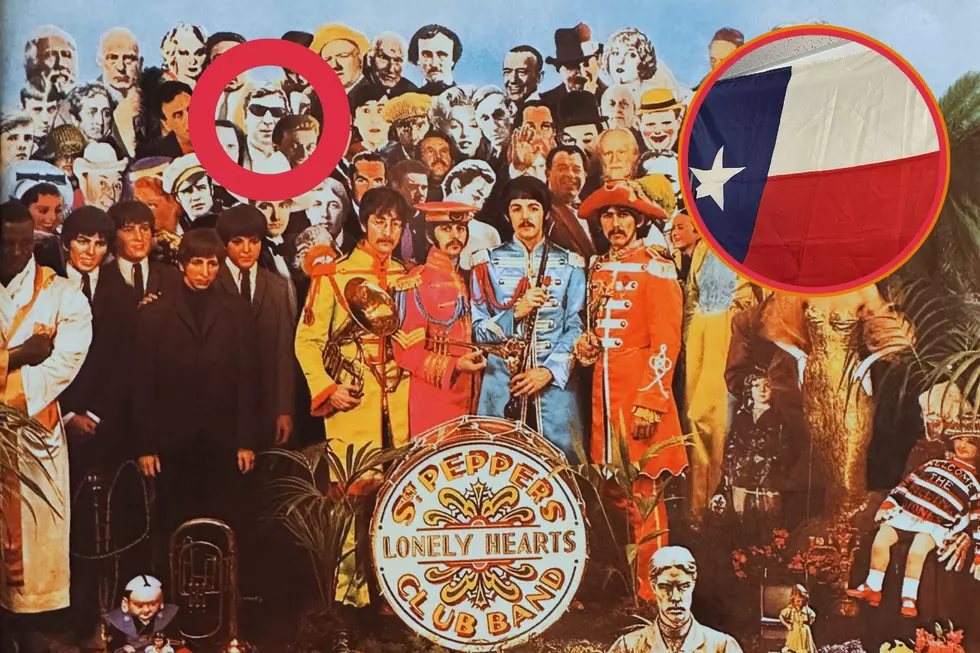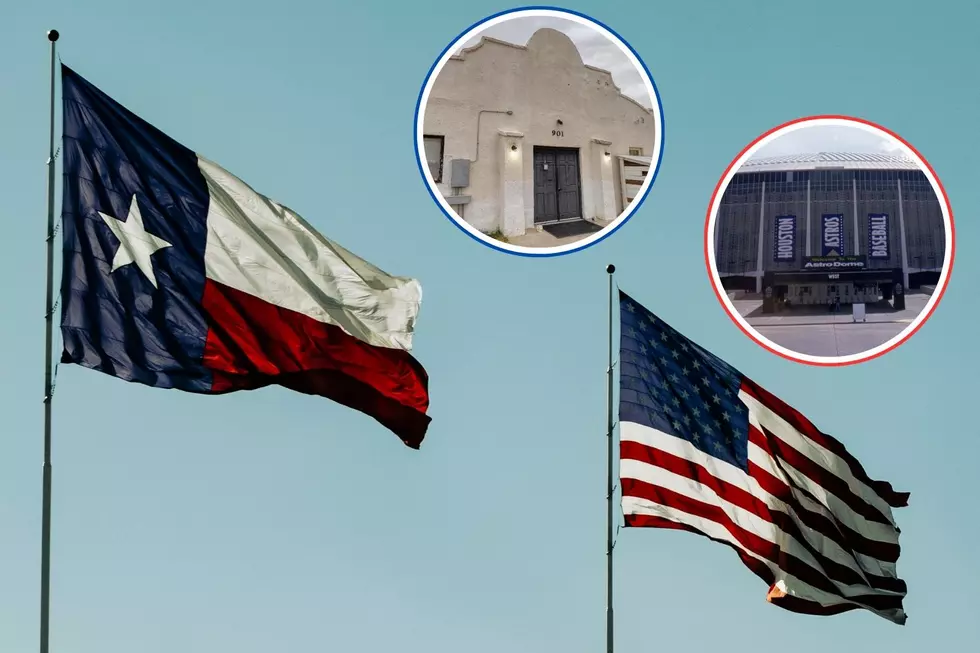
The, Vague, Rules On How To Properly Refer To Fellow Texans
Ever wonder how you address someone based on where they live? Apparently there is a "formula" for that which you can check out here.
People from Texas are Texans, people from New Mexico are New Mexicans. Here in El Paso, we are El Pasoans, Las Cruces inhabitants are Las Cruceans. How do you know what to call someone? Here's an unofficial guide I found online ...
- if the name ends in "a" then a resident is usually called "-ian."
- if the name ends in a consonant, you can usually call a resident an "-ite."
- if the name ends with a vowel other than "a" you can go with "-an."
No matter who you are or where you live, you've been "named" as a "something", based on your location and the above categories. If you're from America, you're an American, not an America-ian as category #1 states. (We're a rebellious lot over here.) People from Germany are Germans which does follow the rules. (They're like that.)
Obviously, those categories aren't hard and fast rules, they're just suggestions really. Many locations, and what you call their inhabitants, don't follow those to the ... no pun intended ... letter.
For example, based on category #2, people from New York would be "New York-ites". They are, of course, referred to as "New Yorkers". Same for New Orleans ... we use New Orleanian, NOT New Orlean-ite.
El Paso is true to its category, (#3), as we are, indeed, referred to as "El Pasoans". People in Edinburg, Texas though are not Edinburg-ites, as category #2 dictates. They are (seriously) Edinburgers. Austin does stick to #2, they are Austinites. Houston peeps, notsomuch. They are Houstonians, not Houstonites.
It can be confusing but, that's the best thing about language. All the little contradictions that caused most of us to fall short of an A+ in spelling and grammar.
Riding For Boobs 2023 Recap
More From KLAQ El Paso









